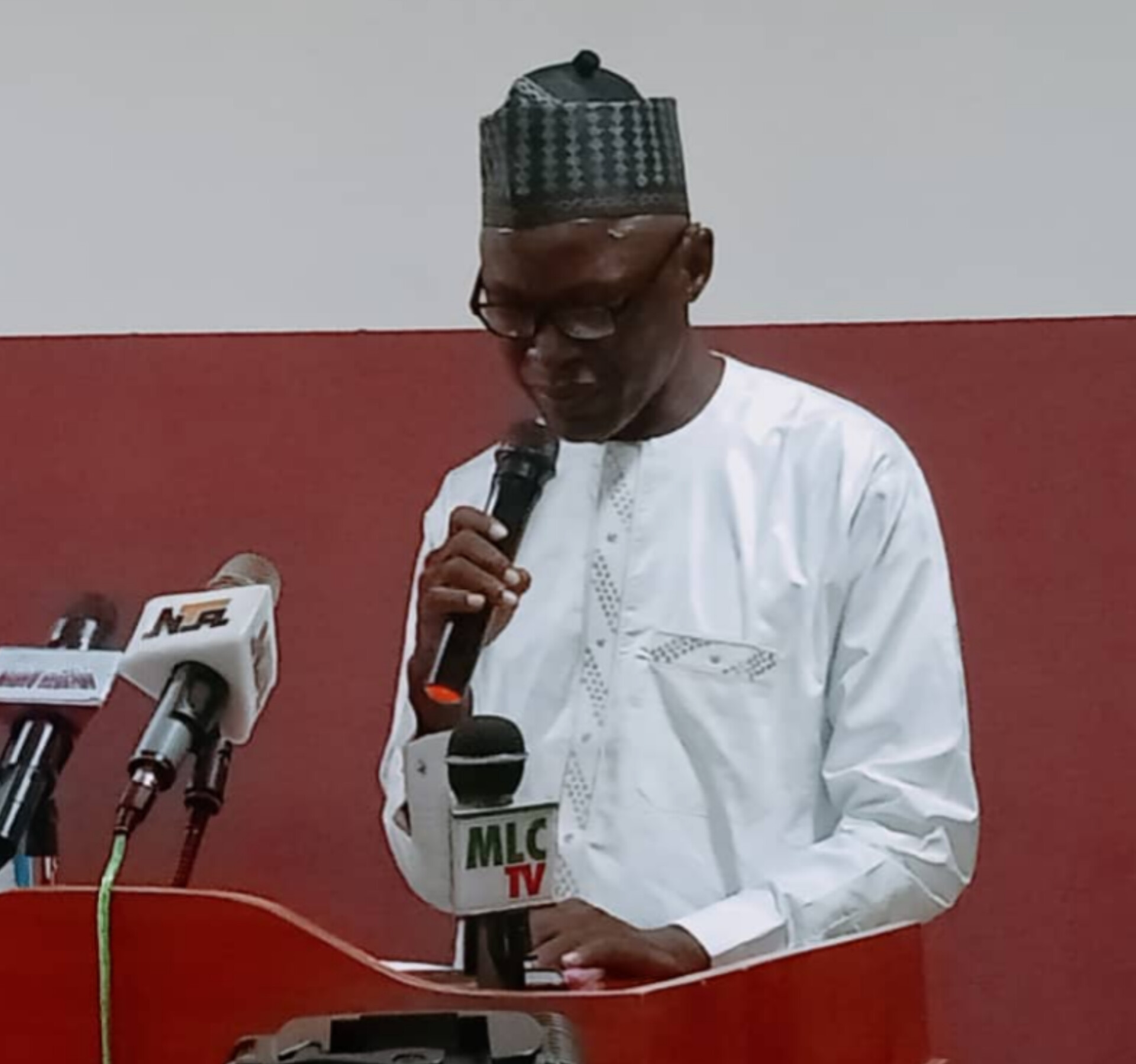Media Professionals Convene in Abuja to Promote Journalism Trust Initiative Standards
Media professionals gathered in Abuja on Friday for a one-day awareness workshop focused on promoting professional standards in journalism and fostering a healthier digital media environment.
The workshop, centered on the Journalism Trust Initiative (JTI) Standard, CWA 17493, was organized by the Journalism Trust Initiative and Reporters Without Borders in collaboration with the Nigerian National Accreditation System (NENAS).
The event brought together journalists, media executives, and regulators to discuss adopting the JTI standard, a globally recognized framework designed to enhance transparency, accountability, and ethical practices in media organizations.
Participants explored how the standard could combat misinformation and rebuild public trust in the media.
Keynote speakers emphasized the importance of adopting international standards to address challenges posed by misinformation and the growing distrust in journalism.
The Regional Manager, Africa Journalism Trust Initiative, Marc Aboflan
noted that threats to journalism are no longer confined to physical attacks but extend to digital platforms, which undermine journalism as a profession.

“There are standards in industries like health and beauty, but until now, the media industry lacked such a formal benchmark,” the representative said. “The Journalism Trust Initiative standard fills this gap by providing a framework that promotes credible journalism through accountability and quality assurance.”
The Chief Executive Officer of NENAS, Mr celestine okanya
NENAS underscored the role of accreditation in upholding professional integrity.
He highlighted how aligning media practices with international standards can enhance transparency and accountability while boosting public confidence in news organizations.

“The JTI standard is an opportunity for media houses to align with global best practices while addressing local challenges in Nigeria,” the representative said.
Interactive sessions allowed participants to discuss how the JTI standard could be tailored to Nigeria’s unique media landscape.
Local media professionals shared experiences from their editorial processes, demonstrating how applying the standard could improve transparency, counter disinformation, and serve the overriding public interest.
“We must serve society by presenting news that is fair, transparent, and accountable,” a participant noted.
“Our role as journalists is to analyze policies and ensure the public good is upheld, while respecting diverse opinions.”
The collaboration between the Journalism Trust Initiative, Reporters Without Borders, and NENAS showed a shared commitment to strengthening journalism as a pillar of democracy.
Attendees left the workshop with a renewed resolve to implement the JTI standard within their organizations, recognizing its potential to enhancing professionalism and rebuild trust in journalism.
The workshop reaffirmed the Journalism Trust Initiative’s mission to reshaping the media landscape for the better, promoting responsible reporting and supporting a more trustworthy news ecosystem in Nigeria and beyond.



